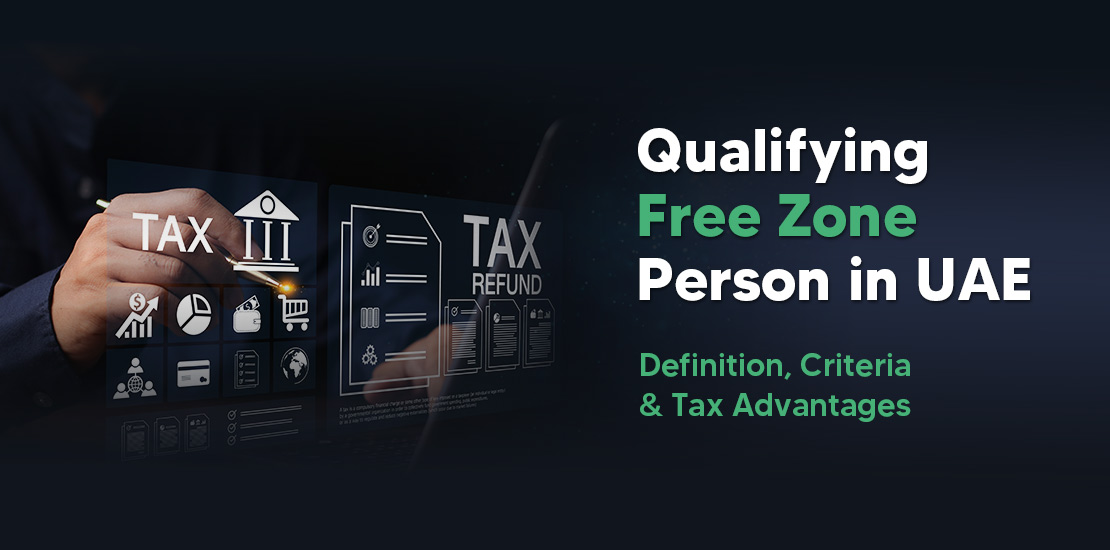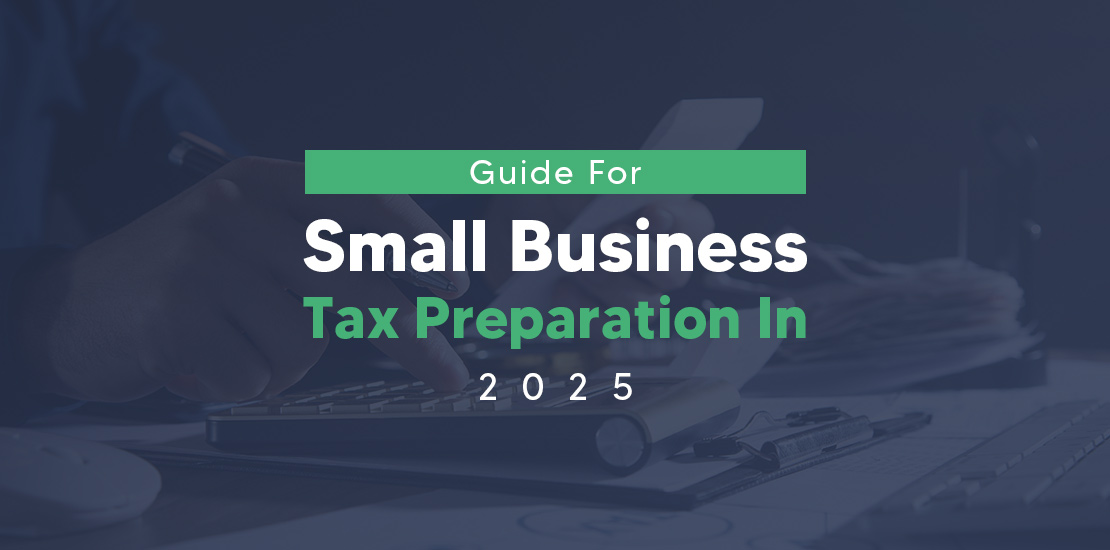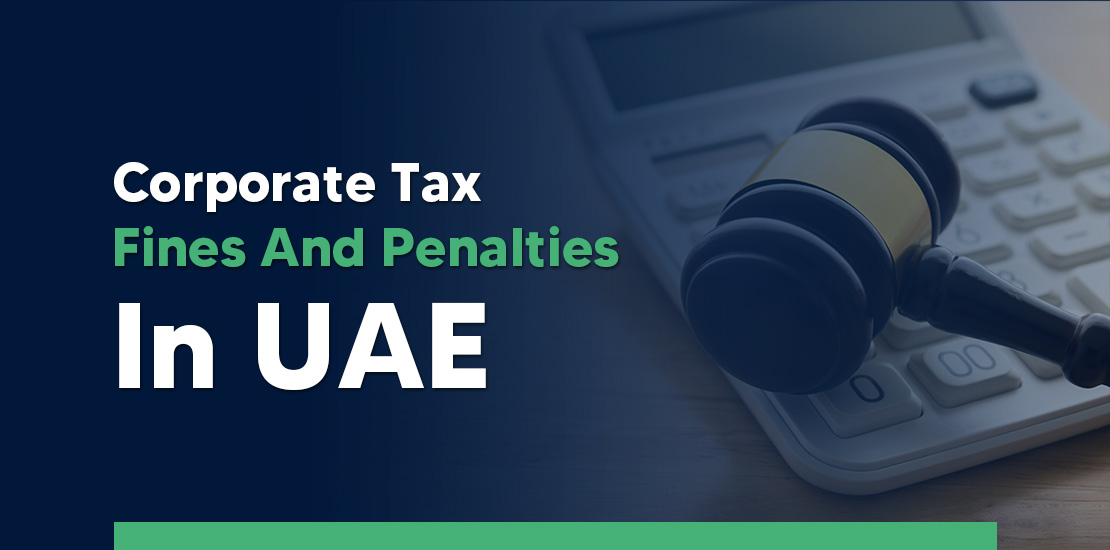International Tax Solutions Global Expansion & Seamless Taxation With Shuraa
Global expansion offers incredible opportunities for growth and market diversification. However, with these opportunities come intricate tax challenges that require careful consideration. Every country has different tax rules, therefore, it's essential to ensure compliance with the tax rules of the country, they wish to operate in. For that, you might require International taxation consultants in Dubai.
According to the Federal Tax Authority (FTA), firms that do not comply with international tax laws will be subjected to paying heavy fines. Consequently, for managing international tax issues effectively, the best course of action is to consult a highly qualified international tax advisor & consultant who possesses adequate knowledge about tax laws and regulations across different countries.
Shuraa Tax Accounting & Auditing is indeed one of the most reputable accounting and consulting firms in the UAE. With a team of experienced international taxation consultants in Dubai, accountants, auditors, and international tax advisors, we comprehend the complexities that businesses encounter when navigating international tax laws.
Our expertise lies in helping companies overcome challenges of cross-border tax matters, ensuring compliance, minimizing tax liabilities, and enabling successful global expansion.
What Exactly Is International Taxation?
International taxation is the determination of tax on a person or business subject to the tax laws of different countries, or the international aspects of an individual country's tax laws.
Governments typically restrict income taxation territorially or offer offsets for extraterritorial income. The manner of limitation generally takes the form of a territorial, residence-based, or exclusionary system.
The Complexities Of International Taxation
Cross-Border Tax Issues
Operating in multiple countries brings about unique tax challenges such as transfer pricing, double taxation, withholding taxes, and permanent establishment rules. Our team specializes in addressing these complexities to ensure your business remains compliant and efficient.
Tax Treaties And Agreements
Many countries have bilateral tax treaties to prevent double taxation and provide guidelines for taxing various types of income. And hence, understanding these treaties can help in optimizing your global tax strategy.
Regulatory Compliance
Different jurisdictions also have different reporting requirements and deadlines. Non-compliance can lead to penalties and reputational damage. Therefore, we offer expert guidance to ensure your business meets all necessary regulatory obligations.
Importance Of International Taxation In UAE
The importance of international taxation in the UAE has increased in recent years due to a number of factors, including:
- The UAE's growing economic ties with other countries.
- The introduction of a federal corporate tax in 2023.
- The increasing focus on tax transparency and exchange of information between countries.
- The need to comply with international tax laws in order to avoid penalties and other sanctions.
The UAE has a network of double taxation agreements (DTAs) with over 9140 countries. These agreements aim to avoid double taxation by ensuring that income is only taxed once, generally in the country where it is earned.
UAE's approach to international taxation also places a significant emphasis on adhering to globally accepted norms for trade, both Exchange of Information on Request (EOIR) and the OECD's Automatic Exchange of Information.
The UAE is also committed to implementing BEPS (Base Erosion and Profit Shifting) 4 minimum standards. In the year 2019, UAE implemented the following two regulations:
1. Economic Substance Regulations UAE
The Economic Substance Regulations (ESR) in the UAE are a set of rules that mandate UAE entities to maintain a sufficient economic presence in the country. Consequently, the aim of the ESR is to prevent tax avoidance and evasion by entities that are not genuinely conducting economic activities within the UAE.
2. Country-By-Country Reporting (CbCR)
CbCR is a tax transparency initiative that requires multinational enterprises (MNEs) to report certain information about their operations in each country where they have a taxable presence.
CbCR is a part of Action 13 of the BEPS initiative, which was developed by the Organisation for Economic Co-operation and Development (OECD) and the Group of Twenty (G20) industrialised nations to address tax avoidance and evasion by MNEs.
UAE headquartered MNEs having annual consolidated turnover equal to, or more than AED 3,150,000,000 should submit CbC report for relevant financial year.
Tax Domicile | Tax Residency Certificate
Tax residency is the country where an individual or entity is considered to be resident for tax purposes. Also, note that the Tax Residency Domicile Certificate is another name for UAE tax residency certificate.
The tax domicile of an individual is typically the country where they were born or naturalized. Nevertheless,several factors can influence an individual's tax domicile, including the duration of their residency in a specific country, their marital status, the location of their primary residence, and their citizenship status.
A tax residency certificate is a document issued by a government to an individual or entity that confirms their tax residency status. Therefore, this certificate is crucial for companies from other taxable jurisdictions and foreign investors as it helps prevent double taxation.
It is granted to individuals and corporate entities in the UAE based on certain conditions.
Ultimate Beneficial Owner [UBO]
The ultimate beneficial owner (UBO) of an entity is the natural person who ultimately owns or controls the entity. The UBO is the natural person who ultimately benefits from the activities of the entity.
The identification of the UBO is important for a number of reasons, including:
- Anti-money laundering and combating the financing of -terrorism (AML/CFT) compliance
- Tax compliance
- Corporate governance
In the UAE, the AML/CFT law requires all financial institutions and other designated businesses to identify and verify the UBOs of their customers. The law also requires all businesses to keep records of the UBO information.
The UBO information can also be obtained from a variety of sources. This includes the entity's registration documents, the entity's shareholders' register, and the entity's management accounts.
If you are a business or individual in the UAE involved in cross-border transactions, you need professional advice from international taxation consultants in the UAE. Additionally, a tax advisor can help you understand the relevant tax laws and regulations, ensuring your compliance with them.
The Role Of A Highly Qualified International Taxation Consultants In Dubai
A highly qualified international tax consultant in Dubai can play a vital role in helping businesses and individuals. Moreover, they help ensure that your business complies with the complex and ever-changing tax laws and regulations that apply to cross-border transactions.
- Advise on the tax implications of cross-border transactions.
- Assist with tax planning and structuring.
- Prepare and file tax returns.
- Represent clients in tax audits and disputes.
- Provide ongoing advice and support on tax matters.
Consulting a tax professional will also help you understand the tax laws and regulations that apply to your business. Furthermore, they will help you develop a tax strategy that minimizes your tax liability and maximizes your profitability.
At Shuraa Tax, our team of experienced international tax consultants and advisors offers a comprehensive range of services to meet your international tax needs. Whether you need assistance with tax planning, compliance, or dispute resolution, we are here to help you navigate the complexities of international taxation and achieve your business goals.












